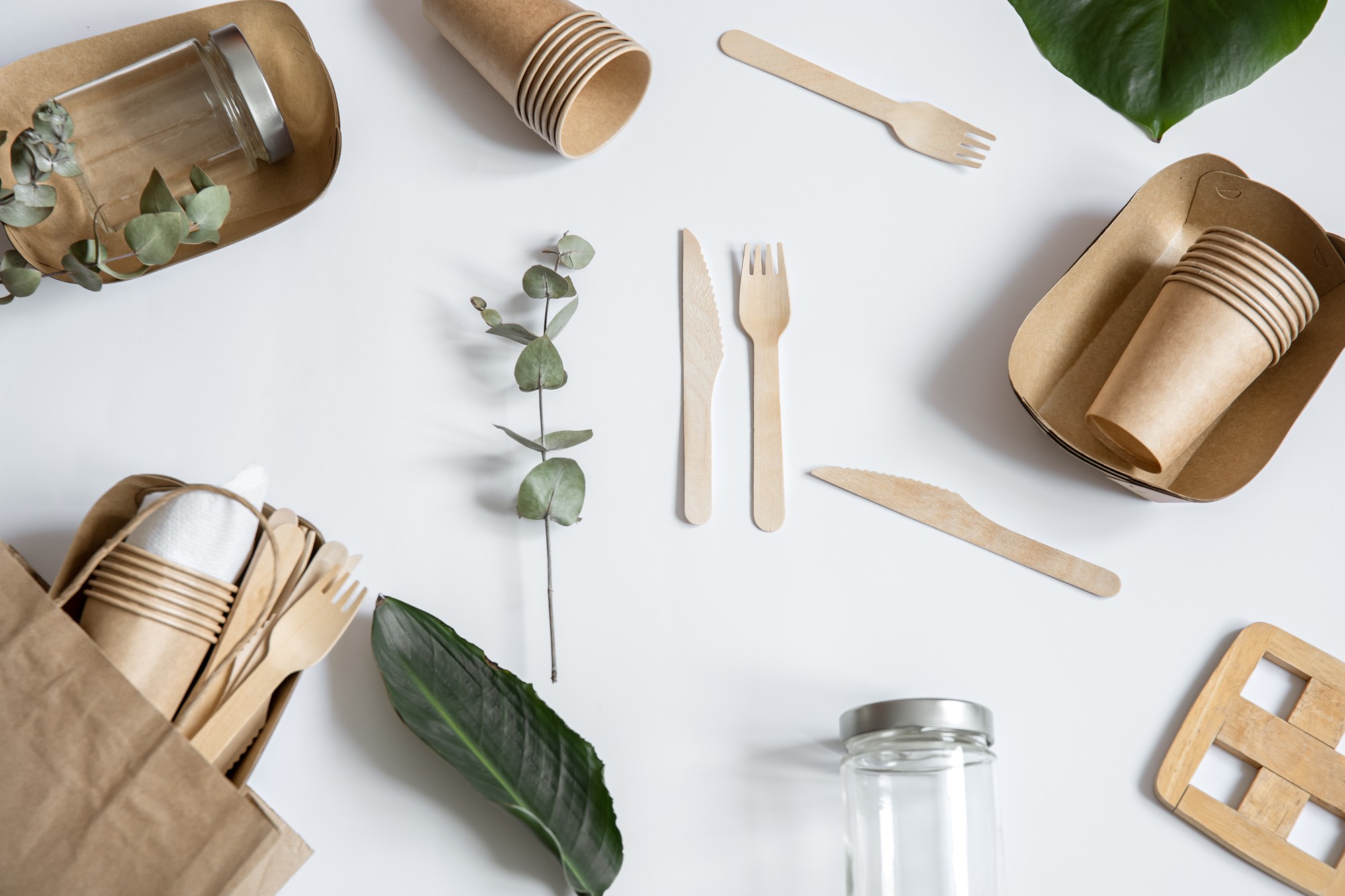Composting is a diamond among the sea of glass! It is a powerful tool for sustainability, and you would be pleasantly surprised by how many everyday items you can compost. These items go beyond the usual fruit peels and vegetable scraps, so let’s jump right in.
Composting not only enriches the soil with nutrients but also helps eliminate harmful contaminants and reduce landfill waste, lowering methane production. For beginners, it can be challenging to know what can and cannot be composted. Many people are unaware of the range of biodegradable products that can go into their compost bins. Items such as biodegradable garbage bags, biodegradable packaging, and even compostable plastic offer an excellent alternative to non-biodegradable plastic.
Understanding the biodegradable meaning is crucial for effective composting. Biodegradable items break down naturally, unlike non-biodegradable ones. This blog will uncover 25 surprising compostable items, helping you expand your composting efforts and contribute to a healthier planet
Kitchen
1.1 Coffee and Tea
Items: Coffee grounds, coffee filters, tea bags, vegetable bags (plant starch) and banana leaves
Benefits: Coffee grounds and tea bags add nitrogen to your compost, which is beneficial for soil health. Coffee filters break down quickly, providing an excellent carbon source. Banana leaves release nutrients into the soil, improving its fertility
1.2 Paper Products
Items: Used paper napkins, paper bags, paper plates, mulching paper and paper towel rolls
Benefits: These paper products break down swiftly and add carbon to your compost, balancing the nitrogen-rich materials.
1.3 Food and Packaging
Items: Shredded pizza and cereal boxes, plain cooked pasta, plain cooked rice, stale bread, stale cereal, nut shells (excluding walnut shells), paper egg cartons
Benefits: Compostable packaging solutions provide a balanced mix of nutrients for compost, contributing both carbon and nitrogen.
Household Items
Natural Fibers and Products
Items: Toothpicks, bamboo skewers, cotton swabs (with cardboard sticks), dryer lint, old cotton or wool clothing, hair (human or pet), old shower loofahs, latex balloons, compostable garbage bags, feathers
Benefits: These natural fibers enhance compost structure and contribute valuable organic matter.
Party and Holiday Supplies
3.1 Decorations
Items: Paper cupcake/muffin cups, crepe paper streamers, natural holiday wreaths, Puja items like flowers, garlands and leaves, Christmas trees (chopped up), evergreen garlands, wrapping paper rolls (non-glossy)
Benefits: Composting party supplies reduces holiday waste and enriches compost with a diverse range of materials. The soil will have a party too!
3.2 Party Leftovers
Items: Paper tablecloths, used matches, ashes from the fireplace or grill
Benefits: These materials add minerals and improve the texture of the compost. Environmentally friendly paper plates can serve a meal and a purpose!
Personal and Pet Care
4.1 Bathroom Items
Items: Used tissues, toilet paper, cotton balls (100% cotton), nail clippings
Benefits: These items break down easily and add organic matter to the compost.
4.2 Pet-Related
Items: Pet fur, droppings and bedding from small pets, newspaper/droppings from bird cages, biodegradable poop bags for dogs
Benefits: These materials add nitrogen and help balance the compost composition.
Clearing up Confusion
Many people confuse compostable and biodegradable items. While both terms indicate that an item can break down naturally, compostable items decompose quickly under composting conditions and leave behind no toxic residue. In contrast, biodegradable items may take longer and sometimes require specific conditions to break down completely.
It’s crucial to follow correct composting practices to avoid contamination and ensure effective decomposition. This includes using compostable garbage bags and understanding the limitations of compostable plastics.
Conclusion
Composting extends beyond kitchen scraps. By incorporating coffee grounds, paper products, natural fibers, party supplies, holiday decorations, and personal care items, you can significantly reduce waste and enrich your soil. The range of compostable items is broader than you might have imagined. Making informed choices embodies sustainability, harnessing natural decomposition to create a closed-loop system benefiting the land and its caretakers. As you begin your composting journey, imagine the profound impact of this nutrient-rich elixir on your permaculture system, nourishing the earth and fostering a thriving, sustainable ecosystem.





